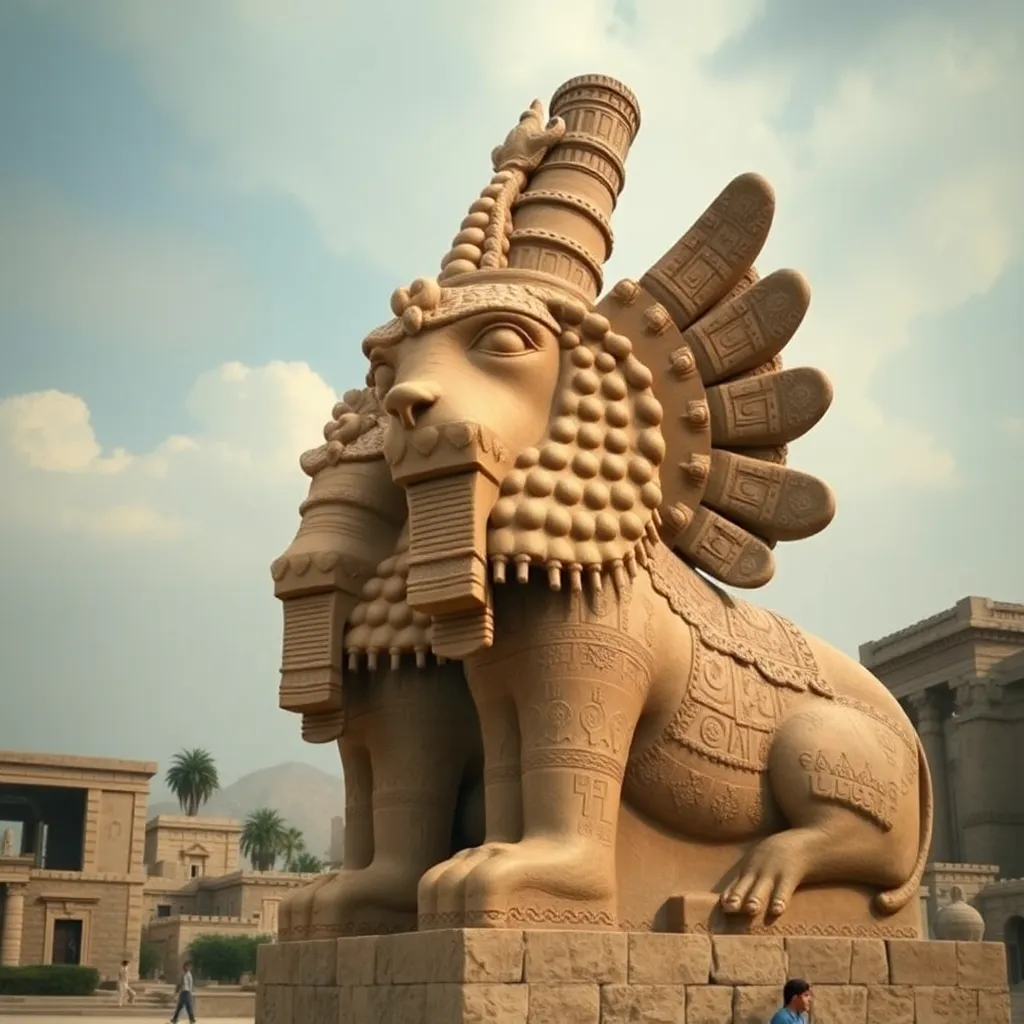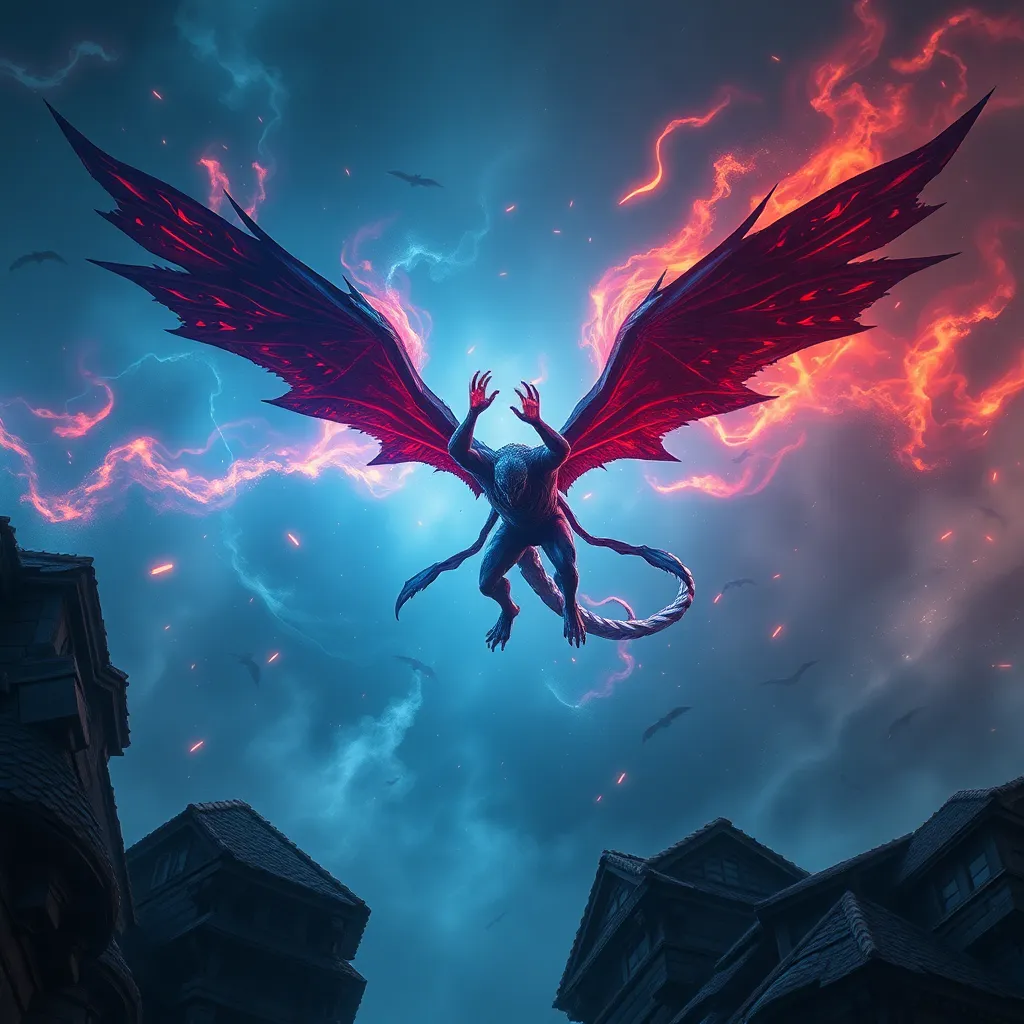Jinn and the Power of Belief: Exploring the Impact of Faith on the Supernatural World
I. Introduction
The concept of jinn, often referred to as spirits or supernatural beings, holds a significant place in various cultures, particularly within Islamic theology. These entities are believed to inhabit a parallel world to humans and possess the power to influence human lives. Jinn are often associated with both benevolent and malevolent traits, reflecting the complexity of their nature and the cultural narratives that surround them.
This article aims to explore the intricate relationship between belief and the supernatural, particularly focusing on how faith influences perceptions and experiences of jinn. Understanding this connection can shed light on the broader implications of belief systems in shaping human experiences and cultural practices.
II. Historical and Cultural Context of Jinn
The origins of jinn can be traced back to pre-Islamic Arabian folklore, where they were considered spirits of nature or the desert. Over time, with the advent of Islam, jinn evolved into a more structured theological concept, categorized into different types such as Muslims, Christians, and non-believers. This evolution highlights the adaptability of the jinn narrative across different epochs and societies.
Across various cultures, jinn appear in many forms, demonstrating both similarities and differences. For example:
- In Persian culture, jinn are often referred to as “divs” and are typically considered malevolent.
- In South Asian folklore, jinn are commonly seen as spirits that can be either helpful or harmful, often associated with specific locations.
- In Western popular culture, jinn have been reimagined as “genies,” commonly linked with the granting of wishes.
The role of jinn in traditional beliefs and practices has also been significant. Many cultures engage in rituals designed to appease or ward off jinn, reflecting the deep-seated fear and reverence that accompany such beliefs.
III. The Nature of Belief in the Supernatural
Belief plays a crucial role in shaping perceptions of the supernatural, including the jinn. From a psychological perspective, belief can enhance or alter an individual’s perception of reality. The idea of collective belief suggests that when a community shares a belief in jinn, it can lead to shared experiences and phenomena that reinforce the validity of those beliefs.
Various case studies illustrate how belief in jinn has affected individuals’ lives:
- A person experiencing unexplained phenomena may attribute these events to jinn, thus shaping their understanding of the world.
- Individuals reporting possession or influence by jinn often find solace and explanation in their cultural narratives, which can be therapeutic.
IV. Jinn and Faith: A Two-Way Relationship
The relationship between belief in jinn and cultural practices is reciprocal. Cultural rituals surrounding jinn often arise from deep-seated beliefs, influencing how communities interact with the supernatural. For instance, many cultures have specific prayers or rituals aimed at protecting oneself from harmful jinn.
Moreover, personal faith significantly impacts encounters with jinn. Stories abound of individuals who, through their faith, claim to have experienced protection or guidance from jinn. These narratives often reinforce the belief system within which they exist, creating a compelling cycle of faith and experience.
V. The Role of Fear and Protection in Belief Systems
Fear often accompanies the belief in jinn, manifesting as both reverence and apprehension. This interplay between fear and reverence leads to the development of protective rituals and amulets, which serve to safeguard individuals from perceived supernatural threats.
Common protective practices include:
- Reciting specific verses from religious texts.
- Carrying talismans or amulets believed to ward off jinn.
- Engaging in cleansing rituals to remove jinn influence from individuals or spaces.
In recent years, these traditional protective beliefs have adapted to modern contexts, blending with contemporary spirituality and practices.
VI. Psychological and Sociological Perspectives
From a psychological viewpoint, belief in jinn can be analyzed through the lens of cognitive psychology, examining how belief systems shape perceptions and behaviors. The psychological comfort derived from believing in jinn can provide individuals with a framework for understanding their experiences and fears.
Sociologically, the belief in jinn can have profound impacts on community dynamics. Shared beliefs can foster a sense of belonging and identity within a community, while also reinforcing social norms and values. Furthermore, comparing belief in jinn to other supernatural phenomena worldwide reveals interesting parallels and divergences, highlighting the universal human inclination to explain the unexplainable.
VII. Modern Interpretations and the Digital Age
In today’s digital age, the influence of social media and the internet has significantly impacted jinn beliefs. Online platforms facilitate the sharing of personal experiences, stories, and interpretations of jinn, leading to new narratives that often blend traditional beliefs with modern perspectives.
Popular culture has also reinterpreted jinn, with representations in movies, literature, and television reshaping public perceptions. This modern portrayal often emphasizes entertainment rather than cultural significance, leading to a dichotomy between traditional and contemporary understandings of jinn.
Contemporary spirituality is playing a role in reshaping traditional beliefs, as individuals seek to reconcile their cultural heritage with modern existential questions.
VIII. Conclusion
Throughout this exploration of jinn and the power of belief, it is clear that faith plays a crucial role in shaping experiences with the supernatural. The narratives surrounding jinn are deeply intertwined with cultural practices, psychological frameworks, and societal norms, demonstrating the enduring relevance of these beliefs in modern society.
As we navigate a world increasingly defined by uncertainty, the intersection of faith, culture, and the supernatural continues to offer insights into the human experience. The belief in jinn, whether as a source of fear or a symbol of protection, remains a poignant reminder of the power of belief in shaping our understanding of the world around us.



